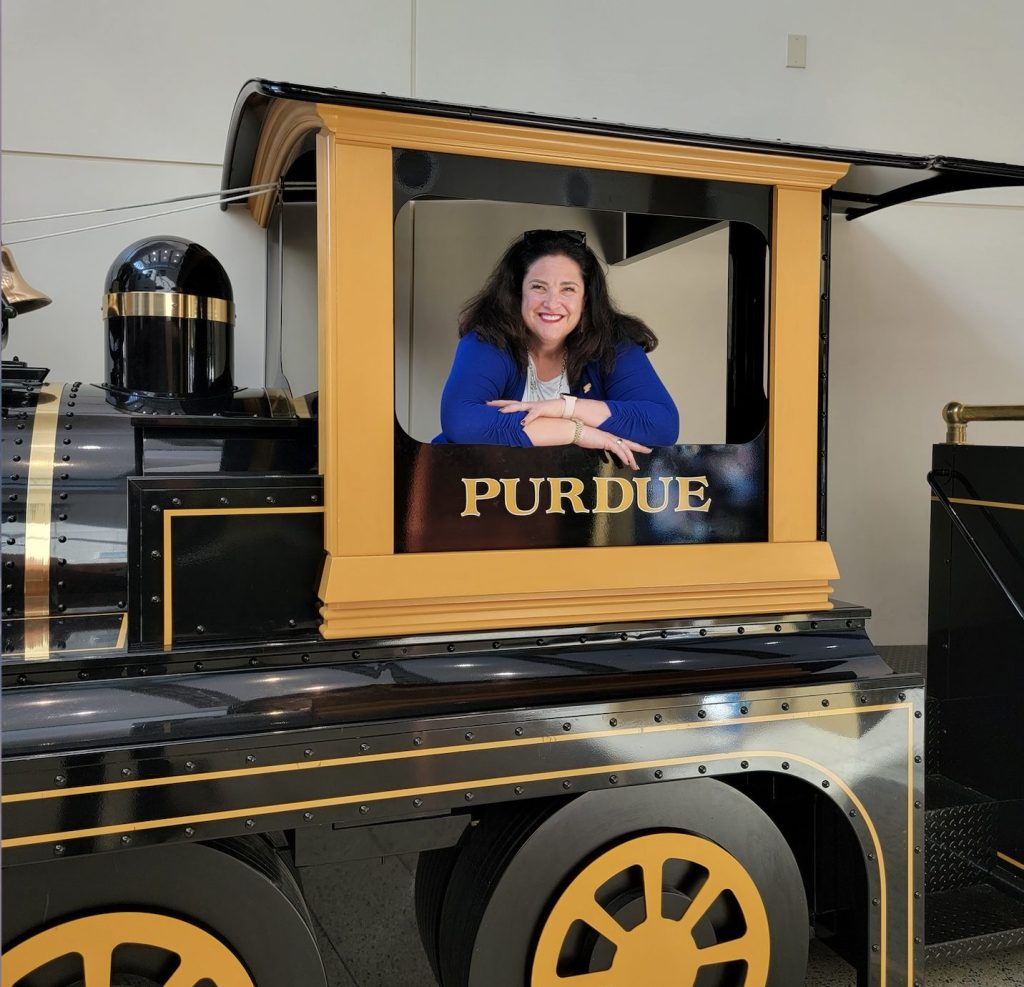For those who don’t know you, tell us about yourself.
I graduated from CEM ’92 having interned in Milwaukee on the Deep Tunnel Project 300’ underground and in Seattle on I-90 over Mercer Island.
For the first 5 years of my career, I worked for Fluor Daniel in the telecommunications and pulp and paper EPC space. During that time, I obtained my PE license and my master’s degree in project management. I then obtained a role in Supply Chain for Kimberly-Clark buying construction and engineering services. Having always had an interest in law, specifically alternative dispute resolution in the construction industry, I accepted a transfer to the Depend/Poise/Kotex product development department as a patent facilitator working with intellectual property law. I became a US Patent Agent and started law school online which later became Purdue Global Law School. I graduated in 2010 at the age of 40.
In 2005, I was transferred with K-C to Everett, WA to lead a division of 120 people making VIVA paper towel. The mill was closing, however, and I moved to Boeing, where I have worked for the past 17 years. At Boeing, I have worked as an engineering, intellectual property, business operations and environment, health, and safety manager. For the past 5 years, I have worked on future airplane technologies that will fly in the middle of the next decade, obtaining funding for research projects from foreign governments, specifically Japan and South Korea.
I have two adult daughters and a stepson and enjoy teaching yoga at my home studio, career/life coaching, leadership training, and running a local Airbnb on a nearby lake.

What led you to share your leadership training with CEM students?
I was back on campus for Homecoming in the Fall of 2022 and shared with Brandon, Bonnie, and Rabita my career coaching and online leadership training and it turned out CEM had some funds for such student leadership training.
Why are leadership skills essential in Construction Engineering?
From my experience, CEM graduates, unlike other disciplines of engineering, are more likely to have the responsibility to lead people and projects very early in their careers. Starting off on the right foot with some of the art and science of leadership will save time and heartache versus learning on the fly. Essential skills include communication, vision/mission/values/objective setting, conflict resolution, emotional intelligence, diversity, and inclusion.
What skills or strategies will students gain from your teaching?
In addition to the essential skills above, individuals learn more about themselves and develop their own personal vision for how they want to show up as a leader.
Did you learn anything from this pilot course that will help you as you continue your training?
Yes, we’re going to add a module on Safety Leadership since it is so integral to the construction industry.
